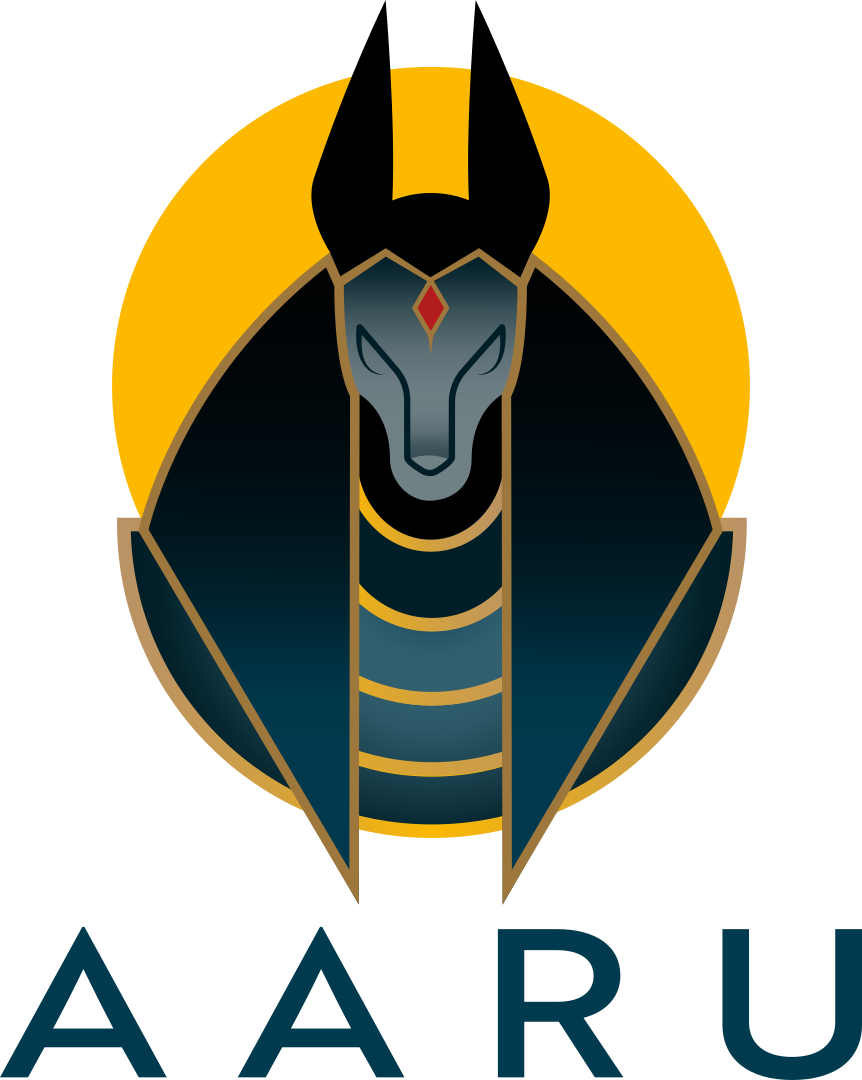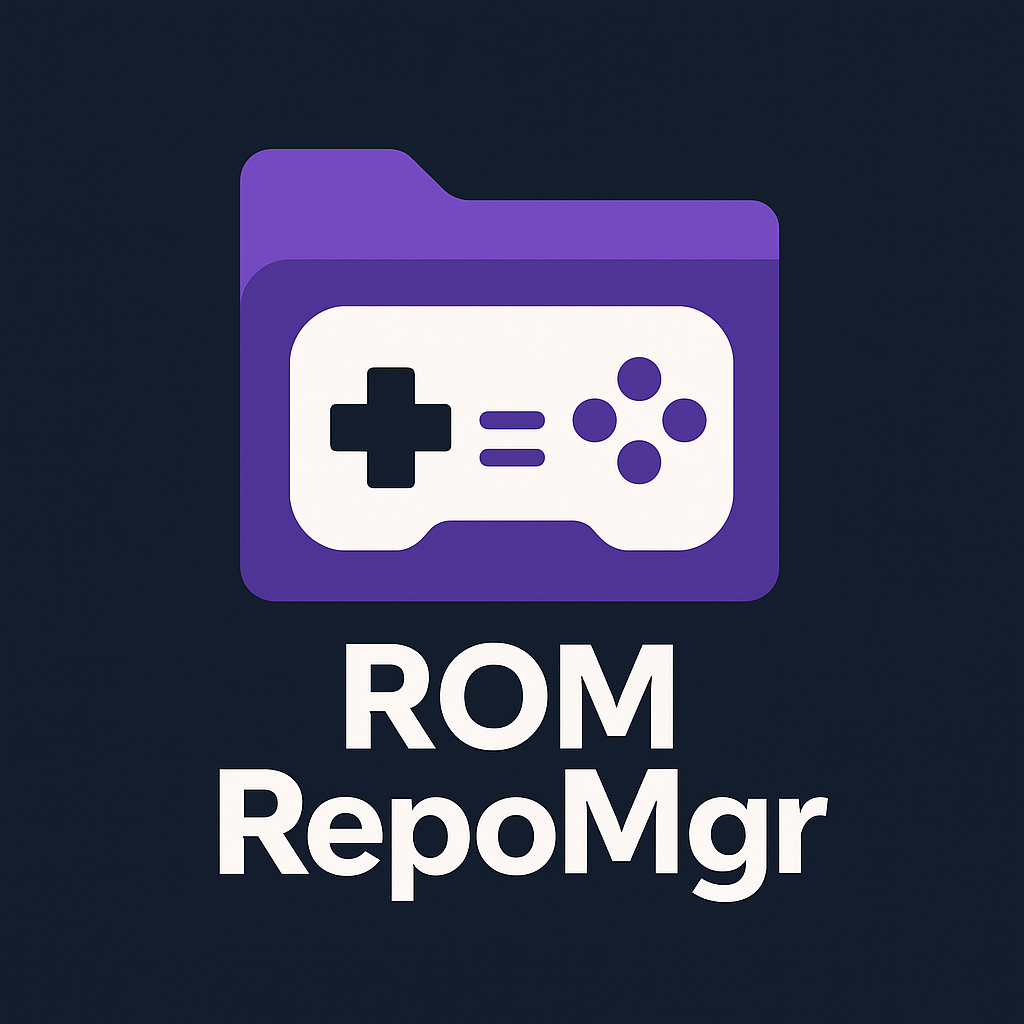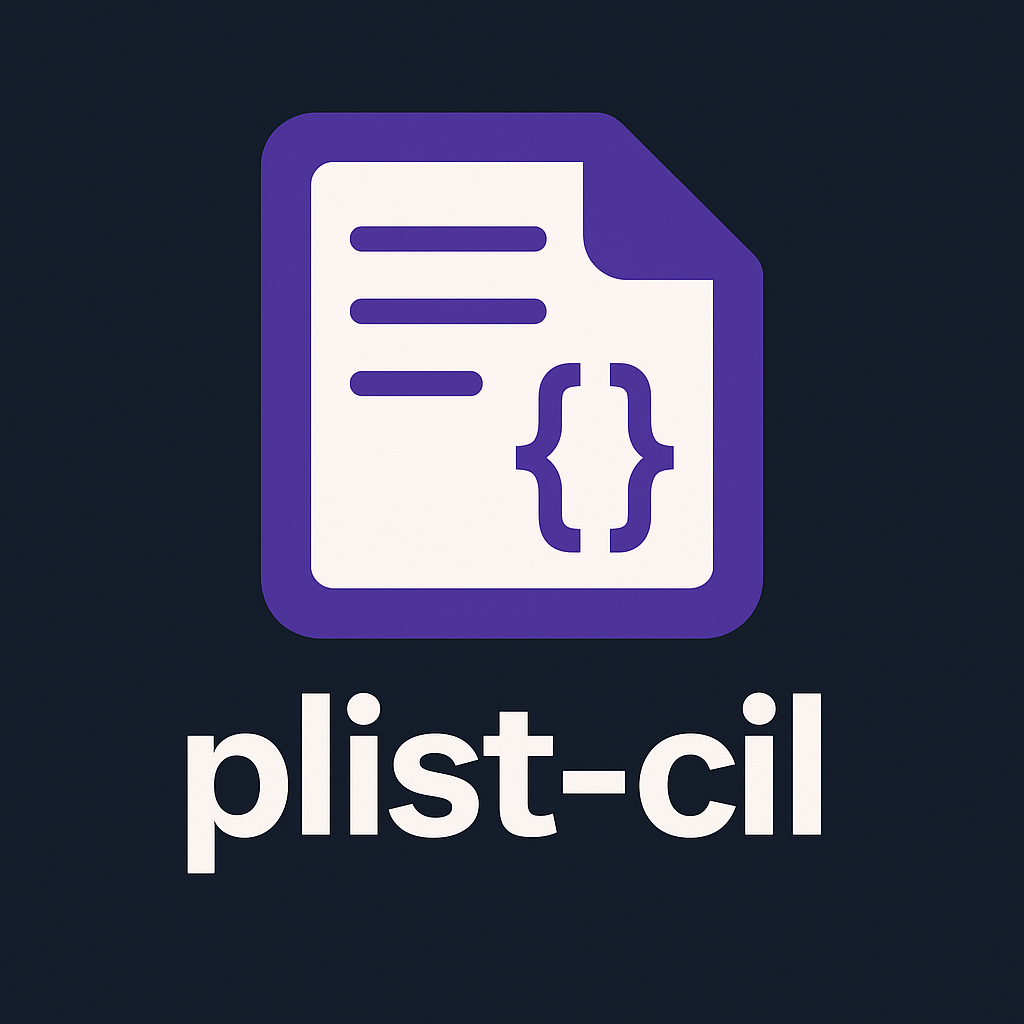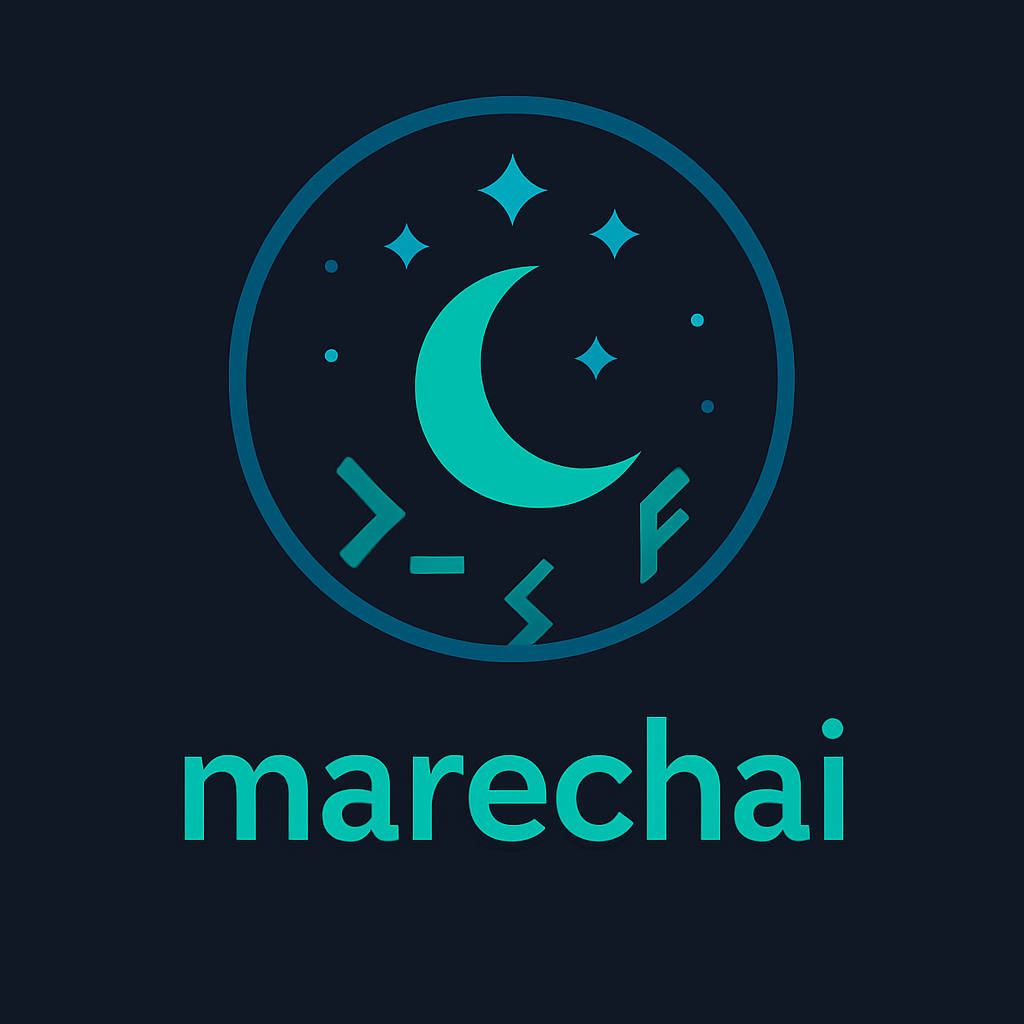Projects
Here are some of the projects I’ve worked on over the years, which highlight my passion for open-source software, digital preservation, and making tech accessible to all.

Aaru Data Preservation Suite
Aaru is a comprehensive suite for the preservation of digital media, including video games, computer software, and various forms of digital memory.
The software has been adopted by multiple organizations dedicated to preserving computing history and digital culture.

Tinkering Daemon Youtube
I run Tinkering Daemon, a small YouTube channel—about 200 subscribers and over 200 videos—where, as an open-source developer and UNIX enthusiast, I document hands-on retro-computing projects.
You’ll see me tear down and recap vintage PCs, like the Amstrad CPC464 and Dell Optiplex GX1, retrobright and clean consoles such as the Sega Mega Drive, mod Gotek floppy emulators with FlashFloppy firmware, and breathe new life into old hardware by installing alternative OSes.
Alongside hardware restorations, I dive into software experiments—demos of Mac OS X Lion and MorphOS, Linux hacks, and more—offering a practical, preservation-focused look at keeping legacy systems running and accessible.

ROM Repository Manager
ROM Repository Manager (romrepomgr) is an open-source C# application designed to help enthusiasts and archivists organize, validate, and deduplicate collections of ROM sets for emulation.
It provides a unified way to manage rom sets compressing and deduplicating their contents, with the ability to and expose them as virtual drives, allowing to browse your ROM library as if it were a physical filesystem.

plist-cil
plist-cil is a MIT-licensed C#/.NET library that lets applications read, write, and convert Apple (Cocoa) and GNUstep property lists (.plist) in XML, binary, or ASCII formats.
It provides a Cocoa-style object model (NSDictionary, NSArray, NSString, NSNumber, NSData, NSDate) for navigating plist contents, supports parsing from files, streams, or byte arrays into NSObject instances (with optional conversion to native .NET types), and can serialize .NET data structures back into any plist format—making cross-platform plist handling seamless in .NET projects.

MARECHAI
Marechai is a ASP.NET Core based web application that serves as a master repository for computing history artifacts, letting contributors catalog hardware, software, companies, and related metadata through a modern web interface.
It uses MariaDB for data storage, ImageMagick (with HEIF, WebP and AVIF support) for image handling, and provides a structured database layer alongside rich documentation and migration tooling to build and maintain a digital museum of historical computing information.

Open Source Advocacy
As an open-source advocate, I contribute to various projects that empower others to build and improve technology.
From organizing meetups to writing documentation, my aim is to make software accessible, customizable, and free for everyone.